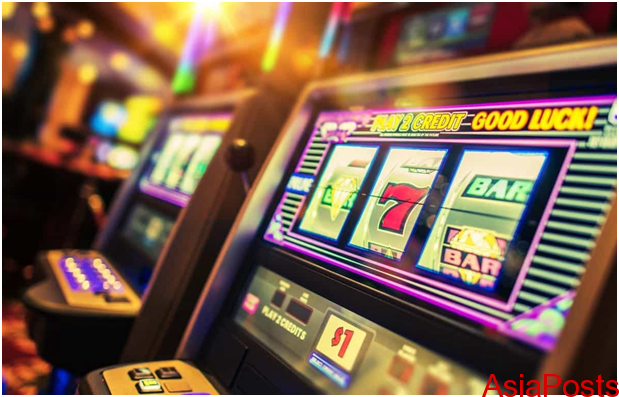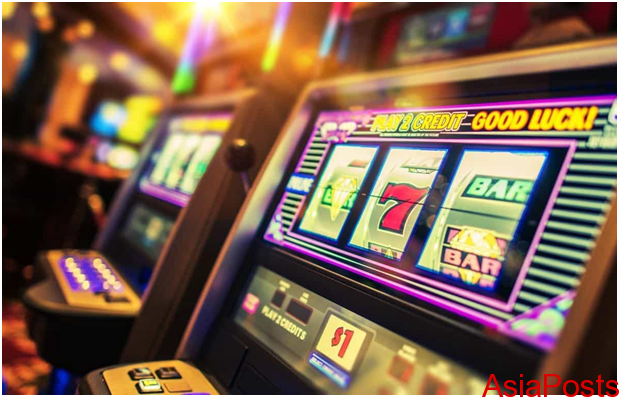[ad_1]
“THE FIGHT GOES ON”
The report, which was published on Aug 31 minutes before Bachelet’s term ended, highlighted “credible” allegations of widespread torture, arbitrary detention and violations of religious and reproductive rights.
It brought UN endorsement to long-running allegations by campaigners and others, who accuse Beijing of detaining more than one million Uyghurs and other Muslims and forcibly sterilising women.
Beijing vehemently rejected the charges and accused the UN of becoming a “thug and accomplice of the US and the West”.
It insists it is running vocational training centres in the region to counter extremism.
While the draft resolution may look tepid, observers say it is highly significant to simply aim to put China on the council agenda.
“The issues don’t get more basic,” Human Rights Watch’s China director Sophie Richardson said in a tweet, urging countries to “vote yes today, and make history.”
China has launched an all-out offensive in Geneva and in country capitals to dismiss the report and to hammer home the “truth” about the rights situation in Xinjiang.
African countries, where China is the leading creditor after making massive infrastructure and other investments, have faced particularly heavy lobbying, observers say.
An analysis last month of voting patterns of the 13 African countries on the council indicated they traditionally abstain from any votes on country-specific resolutions.
But it showed that recently they have increasingly bowed to pressure from China and others to vote against the resolution, thereby torpedoing it.
“We know the amount of leverage that the Chinese have, particularly in Africa,” the Western diplomat said, adding that many nations are loathe to vote against a permanent member of the UN Security Council.
“It’s genuinely a difficult call for a lot of countries,” the diplomat acknowledged.
“The fight goes on, whatever happens today.”
[ad_2]



























































